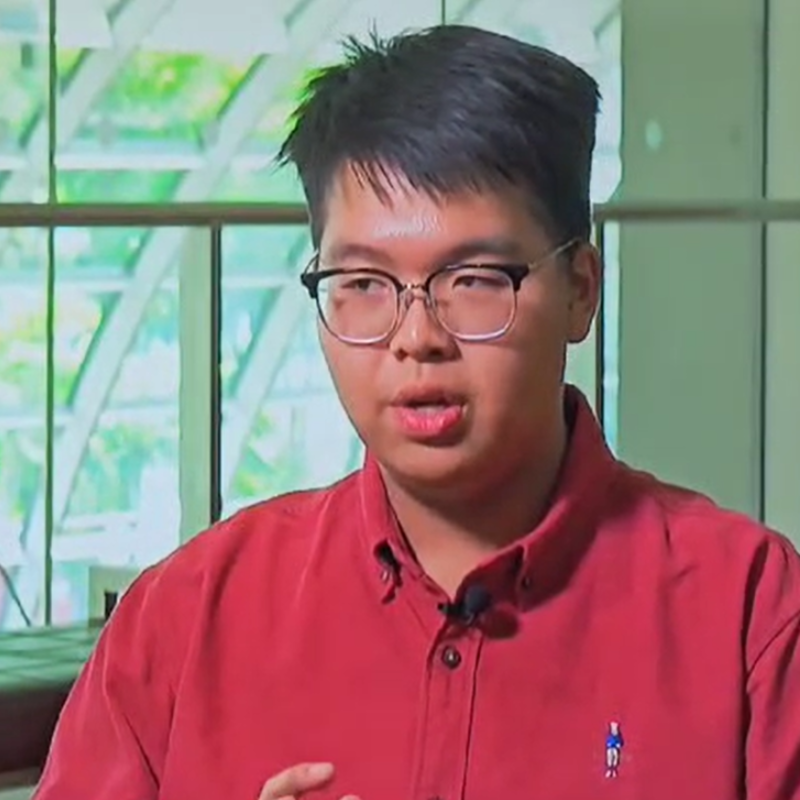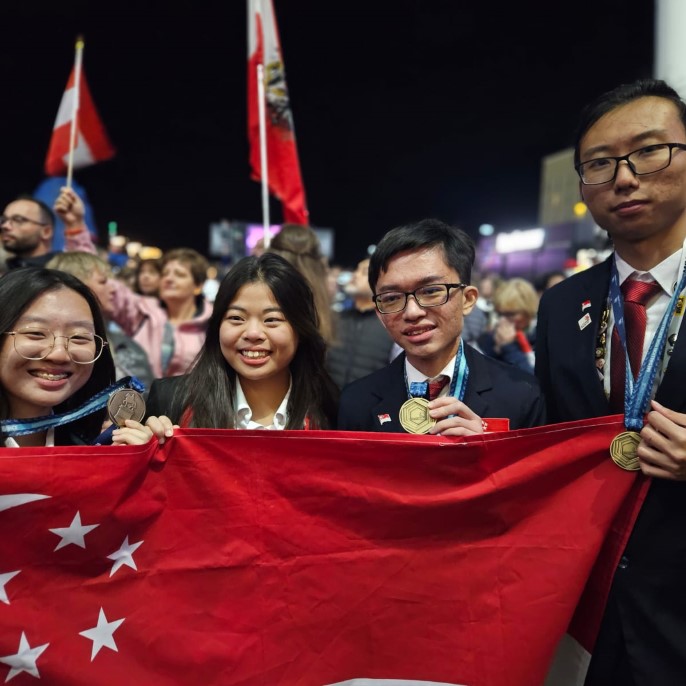Are you passionate about aviation and want to be a sought-after professional? At SP’s aeronautical engineering course, you’ll develop problem-solving skills, logical thinking, and precision through hands-on training in our 4,660-square-metre Aero Hub. Graduate industry-ready with expertise from courses accredited by leading aerospace organisations. Start your aeronautical engineering journey with SP today.
In addition, you will graduate with a Minor upon the completion of a suite of related elective modules. SP offers 6 Minors for you to choose from:
Please note: Course structure is subject to change.
Electives
The SP elective framework offers students options to pursue their passion and/or meet different career needs, and is an integral part of the holistic education we seek to provide to our students.
Learn about SP Elective Framework
The Common Core Curriculum (CCC) prepares you for a changing world with essential human and digital skills. Through its 10 modules, the CCC also provides a wide learning experience to examine local and global issues based on the Sustainable Development Goals (SDGs). These modules help you understand real-world issues and the impact on different communities, and equip you with skills to create a better, sustainable Singapore and world.
Learn about Common Core Curriculum
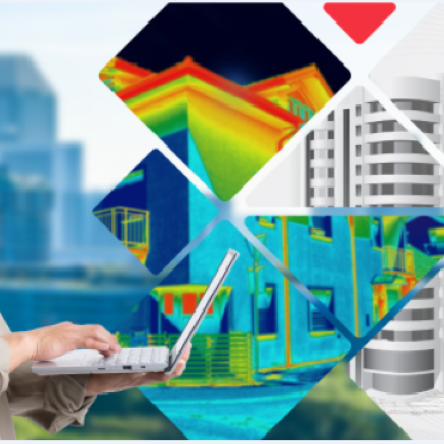
What are the eligibility requirements for aeronautical engineering?
Applicants should not be suffering from severe vision deficiency (including colour vision), acute hearing impairment or uncontrolled epilepsy. Interested applicants with any of these condition(s) are advised to contact Singapore Polytechnic for more information.
You must meet the following criteria to qualify for the Diploma in Aeronautical Engineering:
Aeronautical engineering is for you if you excel in problem-solving, analytical thinking, logical reasoning, and have a keen attention to detail. This course suits those who enjoy tackling technical challenges and managing complex processes. If you’re strong in O-level subjects like Physics and Additional Math, and are process-oriented, this diploma will help you thrive in the aviation industry.
SP offers many scholarships to recognise talent and service, from Year 0 to after graduation. These scholarships provide tuition fee waivers and chances to represent SP. They are awarded for academic excellence, contributions to arts or sports, and community service. Edusave awards and external sponsorships are also available.
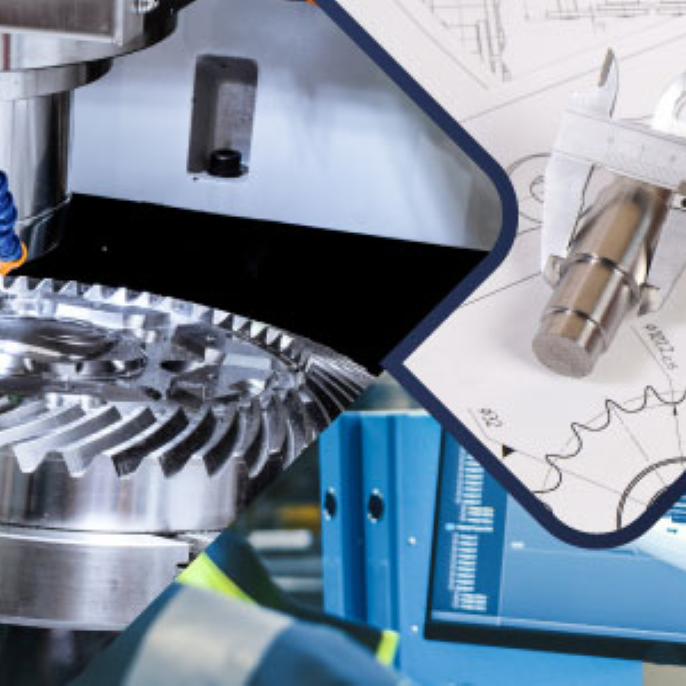
Aeronautical engineering at SP prepares me for the future.
Getting familiar with the aeronautical industry language requires hands-on practice and exposure. At SP, you’ll train in the Aero Hub, working on real aircraft like the Hawker HS125-700A and Super Puma Helicopter, gaining essential skills in maintenance and operations.
The Airbus A320 Flight Simulator allows you to simulate real flight scenarios, enhancing your understanding of aircraft controls. At the Project Centre, you’ll engage in projects such as flight simulators and UAVs.
These modern facilities ensure you are well-prepared for the industry, so that you can confidently step into your future career.
Aeronautical engineering at SP prepares me for Singapore.
Aeronautical engineering in Singapore offers diverse opportunities. You can become a licensed aircraft engineer, supporting Maintenance, Repair, and Operations (MRO) sectors.
Your aeronautical background and engineering skills open doors to aerospace business roles or policy development at the Civil Aviation Authority of Singapore (CAAS). SP’s focus on AI and advanced materials ensures you’re equipped to excel in these dynamic fields.
Aeronautical engineering at SP prepares me for the world.
There are many niche fields within aeronautical engineering. At SP, you can explore:
Each specialisation offers hands-on experience and knowledge, so that you can excel in various aspects of the aerospace industry.
You can choose between a 22-week internship or a Final Year Project. Internships are offered with top organisations like Boeing, Pratt & Whitney, SIA Engineering Company, and ST Engineering (Aerospace). Students often outperform their university peers and sometimes receive advanced job offers, such as Aerospace Systems Analyst, providing a strong start to your career.
Internships provide industry networking, career insights, and job opportunities. SP offers coaching to boost confidence and employability. Experiencing multiple internships broadens your perspective, leading to informed career decisions. Benefits include higher starting salaries, business exposure, and professional growth through meaningful work, learning opportunities, and mentor support.
Overseas exposure helps broaden your horizons. Understanding globalisation and working with diverse cultures is important in a global city like Singapore. Aeronautical engineering students and alumni have experienced international internships and exchanges, enriching their worldviews and career prospects. Students in other CCAs also have opportunities to represent Singapore abroad and gain international experience.
We acknowledge that some of you want to take on more challenges. Stepping out of your comfort zone and being more active can help. SP students have participated in various high-profile competitions such as the World Skills Competition and the Singapore Amazing Flying Machine Competition. Winning in these competitions builds your confidence, as they test your knowledge and determination. Knowing where you stand is half the battle and helps you grow from the experience.
Most students who pursue further education after their aeronautical engineering diploma choose specialisations in related fields or diverse areas that complement their existing knowledge. Here are some undergraduate degrees our alumni have pursued:
If you’re preparing for university and want to make the most of your diploma time, an SP diploma can let you fast-track your education by 0.5-2 years!
Lee Kuan Yew Award recipient | Singapore Sustainability Scholarship recipient | Class of 2021 | SP's DARE course provided me with essential fundamentals, enabling me to pursue advanced studies in this field. My most memorable experience is my Final Year Project (FYP). We broke the sound barrier by developing our own Supersonic Wind Tunnel, something usually only universities have.
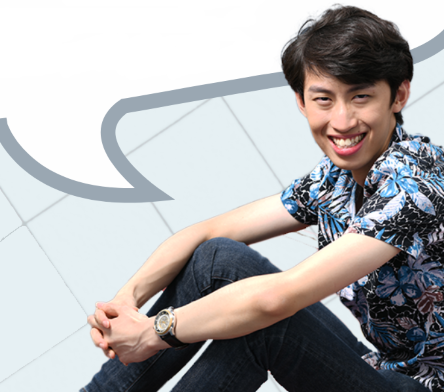
NTU Mechanical Engineering Honours (Highest Distinction) Graduate 2023 | The DARE course not only provides an accelerated path to complete a typical 4-year engineering degree program in 3 years, it also prepared me well to excel in my university studies and graduate from NTU with Honours (Highest Distinction). Education is the runway to your dreams, and DARE helps you to take flight!
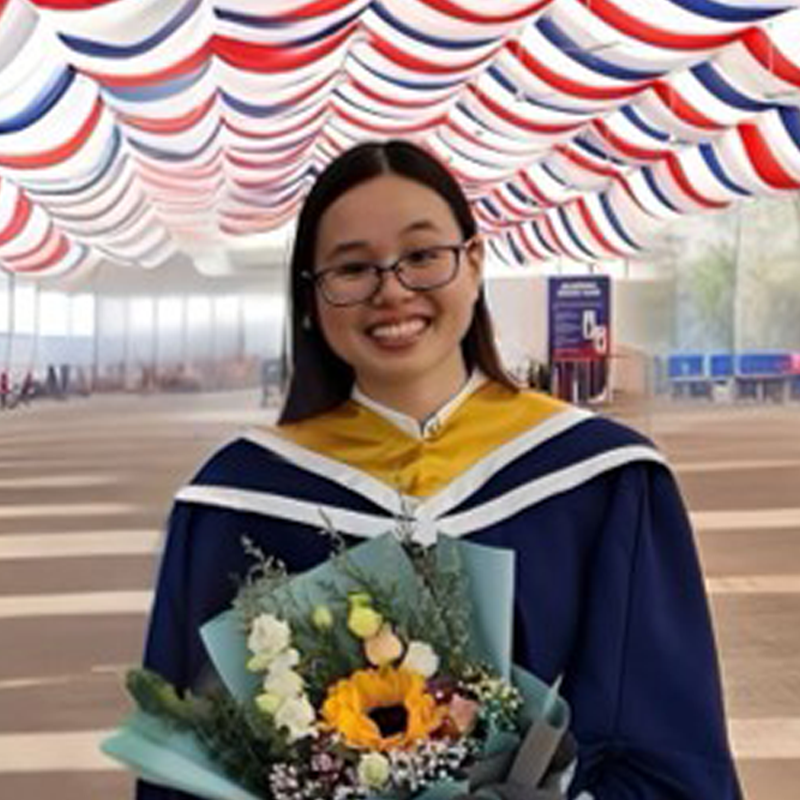
SP DARE Graduate 2018 (Diploma with Merit) | SGRail Industry Scholarship Recipient | NUS Mechanical Engineering Honours (Highest Distinction) Graduate 2023 | The Diploma in Aeronautical Engineering (DARE) course curriculum is very comprehensive and versatile. Not only it enables me to gain admission to NUS Mechanical Engineering, It also prepares me well to excel in my university studies and graduate from NUS with Honours (Highest Distinction) and to embark on Masters with University College London on scholarship.
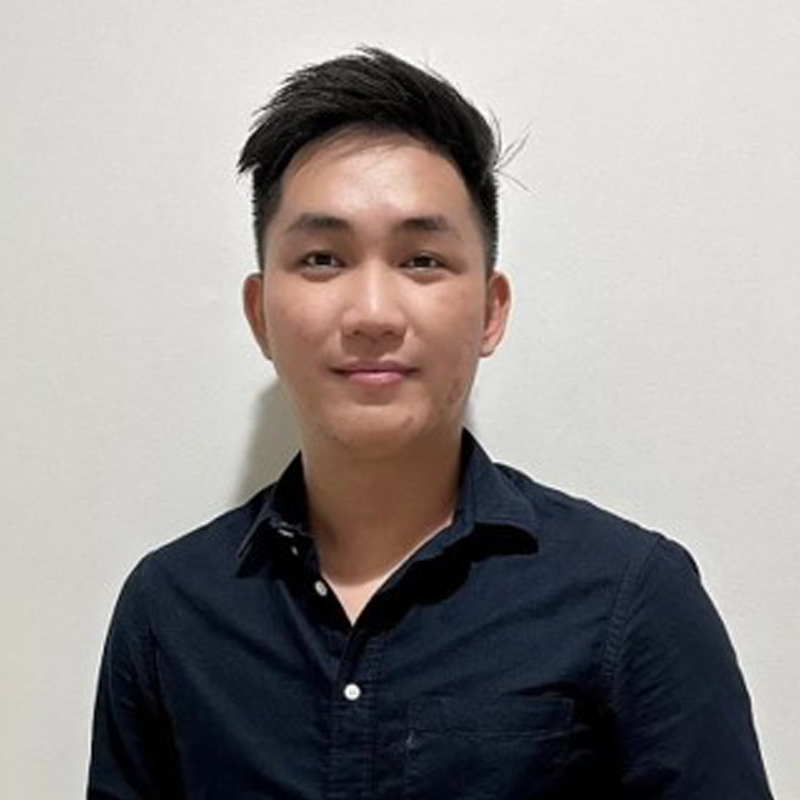
Public Service Commission Scholarship recipient | Looking back, my time in SP was nothing short of enriching. I was able to learn what I love together with and from the people who had the same passion as me. Though this, I was able to discuss the best practices in the theoretical work and practical we took part in! On top of this, I was able to develop into an engineer that was able collaboratively work with others through my internship and projects, this proved instrumental in shaping me to be an effective team member in any hat I took on.
